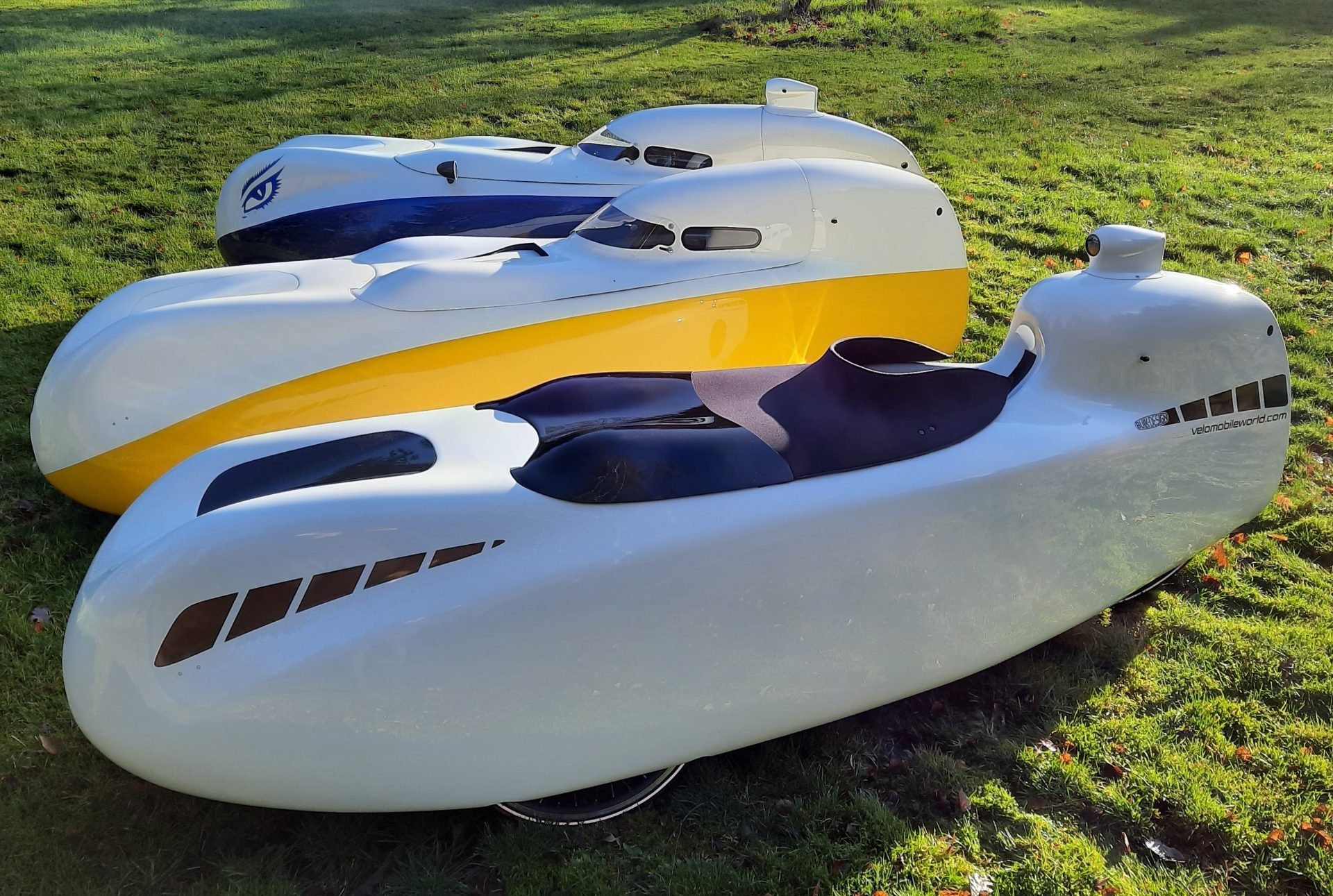Written by Jens Buckbesch.
View Bülk Dedicated Page HERE
Written by Jens Buckbesch.
View Bülk Dedicated Page HERE
For more and more people, it is becoming increasingly important in their overall ethical balance how much CO2 they emit and to what extent they can contribute to slowing down global warming.
There are 2 main factors that make the further consumption of fossil fuels highly risky: firstly, the fact that they are finite and secondly, the fact that CO2 in the atmosphere leads to global warming, which, if not slowed down, will lead to drastic consequences for us.
Globally, the average temperature has already risen by about 1 degree.

Around half of the increase has occurred in the last 30 years (NASA 2018, IPCC 2014).
If we exceed an increase of more than 1.5 degrees, there is a risk of crossing irreversible tipping points in the ecosystem, which would have catastrophic consequences for all of humanity. Then freedom and prosperity as we know them today would be in acute jeopardy and many millions of people would have to leave their living space.
Staying on the 1.5°CO2 budget requires CO2 reduction targets of at least -60% by 2025 and at least -85% by 2030 (both compared to 1990).
The transport sector is the only sector that has not managed to reduce its overall CO2 emissions in 30 years.
Thanks to their high energy efficiency and weather protection, velomobiles can close the gap between bicycles and cars and could thus play an important role in the mobility revolution.
According to an ADAC Ecotest, the consumption of electric cars in kWh/100 km is between 16.3 kWh and 29.2 kWh, i.e. around 22.75 kWh/100 km on average.
The energy consumption of the Bülk MK1 (which only drives with muscle power) is about 0.5 kWh per 100 km. This means that this vehicle is about 45 times more energy efficient than an average electric car. In addition, it is completely independent of charging stations and therefore has a practically unlimited range.
Using Germany as an example, the following calculation results:
The non-profit organization Greenpeace has calculated the following for 2020 in Germany:
If 40 percent of employees leave their car parked only two days a week, CO2 emissions will drop by 5.4 million tons. In addition, commuters will then cover 35.9 billion fewer kilometers.
The velomobile could play an important role in the mobility transition and the CO2 savings with it is actually a lot of fun!
The Bülk weighs about 24 kg and it is therefore clear how low the material initial investment and also the primary energy requirement of this vehicle is.
In addition, the entire factory energy of around 170000 KWh p.a. is generated by a photovoltaic system during the production of the Bülk.
All this together means: With the Bülk you can really move more than just yourself!
This will close in 0 seconds
This will close in 0 seconds
This will close in 0 seconds
This will close in 0 seconds
This will close in 0 seconds
This will close in 0 seconds
This will close in 0 seconds
This will close in 0 seconds
This will close in 0 seconds
This will close in 0 seconds
This will close in 0 seconds
This will close in 0 seconds
This will close in 0 seconds
This will close in 0 seconds
This will close in 0 seconds
This will close in 0 seconds
This will close in 0 seconds
This will close in 0 seconds
This will close in 0 seconds
This will close in 0 seconds
This will close in 0 seconds
This will close in 0 seconds
This will close in 0 seconds
This will close in 0 seconds
This will close in 0 seconds
This will close in 0 seconds